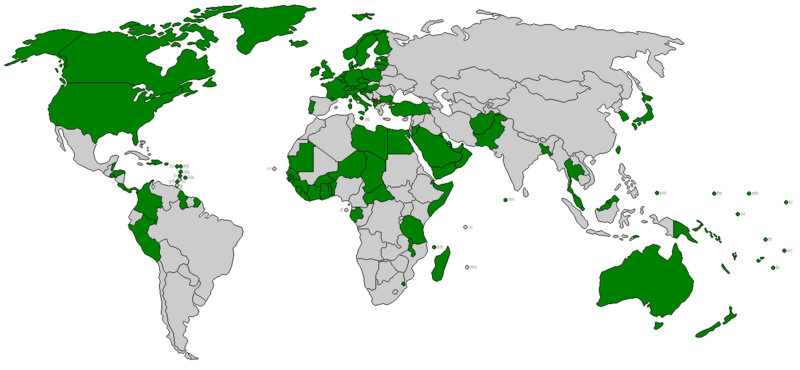
Kosovo is a small

Its name in the old Yugoslavia, and what of it still existed before the Nato bombing of Serbia, was Kosovo and Metohia. The region was called Metohi during the Byzantine era of it, a name which was an ecclesiastic term that means "land under the command of a monastery". While controlled by various slavic entities after the arrival of the slavs in the 7th century AD, it most notably was a minor part of the empire of Bulgaria (which was destroyed and annexed in the early 11th century, by Byzantine Emperor Basil II) and later, as a result of the fourth crusade (1204) it became a permanent part of the kingdom of the Serbs.
The area became controlled by the ottoman forces in effect after the Battle of Kosovo (1389), although the ottoman empire officially incorporated Serbia in the middle of the 15th century.
Kosovo only again returned to the control of a Serbian state more than 500 years later, as a result of the first Balkan war. In the second Balkan war which immediately followed, Serbia annexed some more territory previously held by Bulgaria. Here is a map of the borders in the region with the treaty of Bucharest (1913) :

Kosovo remained a part of Serbia, and its status only changed with the creation of Yugoslavia (formerly the kingdom of Serbs, Croats and Slovenes), following WW1. The region became named as a seperate governing part of Serbia, along with Voivodina in the north.
Following the war of the collapse of Yugoslavia in the early up to mid 1990s, Kosovo was still part of Serbia. The country was now called Serbia and Montenegro, since it still included the coastal serbian independent region, that later on became (again) a nation by its own. The Kosovo war was the final conflict in the aftermath of the destruction of Yugoslavia, and was a war fought between the Serbian army on the one hand, and the Albanian militias mostly known in the west as UCK (KLA in the english acronym). The conflict ended after months of NATO bombing of Serbia, unresolved, since NATO was not willing to send ground troops to the region, fearing the war would go on for long and have many NATO casualties due to the relative modernity and regional importance of the Serbian army and its bonuses in native terrain.
The UCK (KLA) was regarded as a terrorist force by the main powers of NATO, up until the start of the Kosovo war. Moreover the original treaty proposed to Serbia, in the Rambouillet conference, was in effect an ultimatum asking that Serbia would grant full access to Nato forces in all of its territory. The treaty was turned down, the bombing ensued, and later on the conflict was declared as over in the summer of 1999. After that Kosovo became officially a NATO protectorate.
Almost a decade later, it declared its independence. The countries that recognised it are a little over one hundred, although all of the main NATO powers have given it their blessing. The following map shows all those countries in Green:

Now, in 2013, Kosovo is as good as it ever was. A rising power, a leader not only in local but pan-european drug transit-points and human-trafficking, it has seen a part of its brethen emigrate all over Europe to run the local mafia cartels there. Democracy has won again





